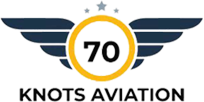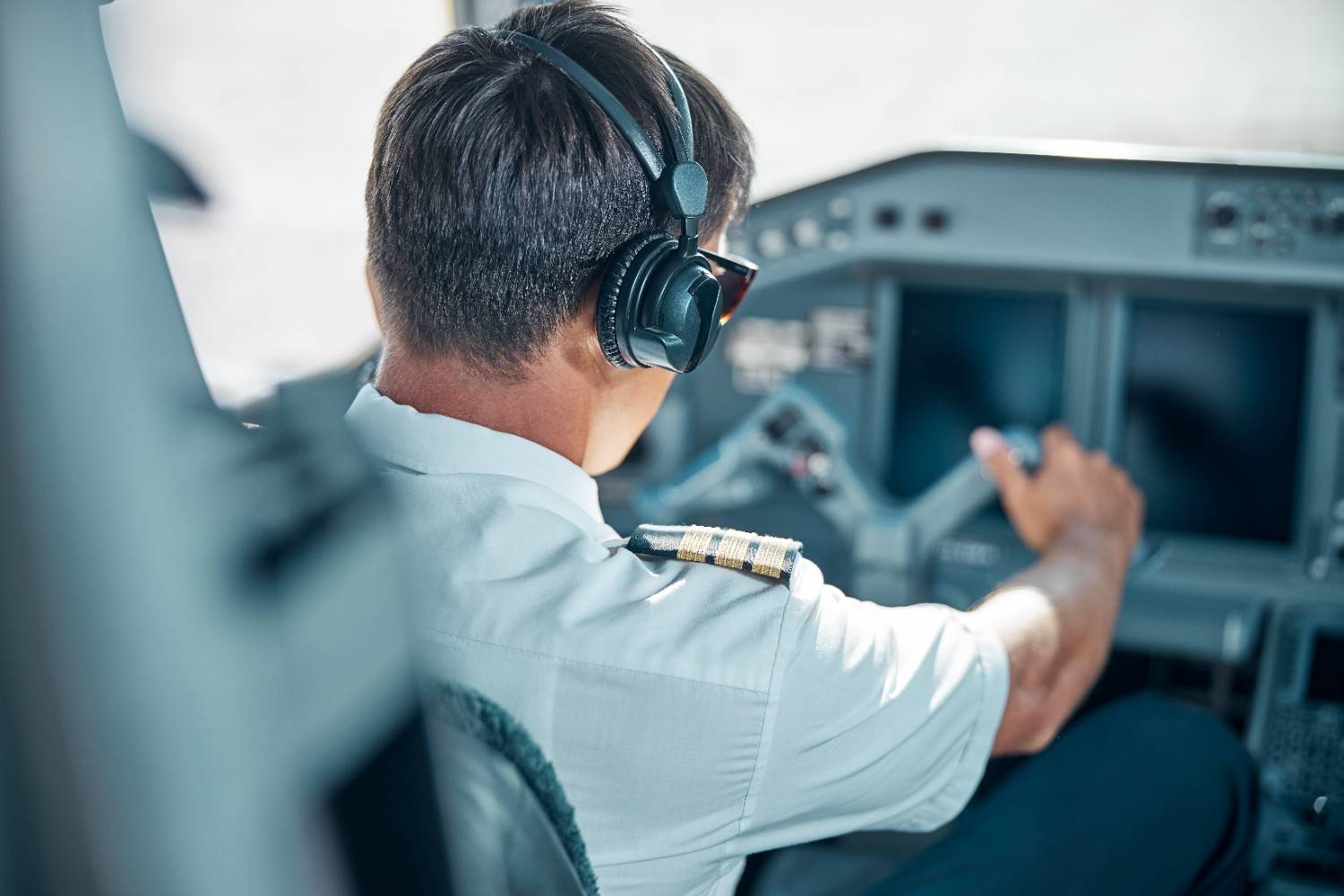How to Become a Pilot

Even though flying a plane is a dream for a number of people, pursuing it as a career is not easy and requires time and effort. If you either wish to work as a Become a Pilot or as a private pilot, this guide will help you.
Step 1: Check for Eligibility Criteria
There are certain basic requirements which you need to fulfill to begin your pilot training.
- Age: The minimum age requirement to apply for a student pilot license is 16.
- Educational Background: English language proficiency is essential, but one must also possess at least a high school diploma to qualify.
- Medical Requirements: In order to meet the mental and physical fitness standards, you need to be analyzed and approved by an accredited aviation medical evaluator.
Step Two: Identify A Suitable Program For Earning A Pilot’s License
Depending on your requirements, there are multiple options available to become a pilot.
- Private Pilot License: This is more suited for people that want to fly recreationally or for personal matters.
- Commercial Pilot License: If you are planning a career that revolves around flying, then applying for this license is essential.
- Airline Transport Pilot License: If you want to work with large passenger planes, then this license is necessary for you.
Step Three: Sign Up For A Flight School
You should place a high premium on selecting a quality flight school as this will have a great impact on your flight training. Institutions like 70 Knots Aviation tend to guide you on each step of the way through sophisticated aviation facilities, technologic schools and qualified instructors.
Step Four: Finish Ground School
Theoretical knowledge and understanding of basic aviation concepts is the core of ground school training. A few examples of such topics include but are not limited to
- Aerodynamics,
- Meteorology,
- Air navigation
- Aviation regulations
The regulation to sit for written exams covering these topics must be completed before moving to flight. One is unable to progress in flight training if they do not first successfully complete written examinations concerning these subjects.
Step 5: Let Us Rock And Accumulate Flight Hours
Like any practitioner, practical flying is a prerequisite for one to be a successful pilot. The practical flying hours encompass you practicing flying under the control of authorized flight instructors and simultaneously learning more about:
- Basic maneuvers for flying
- How to take off and land
- How to navigate
- How to communicate
- How to react during an emergency
Step Six: Meet All The Exam And Licensing Requirements To Become A Pilot (ESG-6)
In order to have your license signed, you need to pass two assessments:
- A written knowledge test
- Basic practical flying exams also called check rides
Knowledge and skills assessments are what these activities are about. They show you whether you have any of the necessary skills, knowledge and are ready to move forward with flying on your own.
Step 6: Build Up Flying Hours
If you want to work as a commercial pilot, this step recommends that you log several flying hours that will allow polishing your flying skills for the better.
Step 7: Obtain Other Qualifications and Endorsements
Depends on what your career goals are, you might need endorsements such as:
- Instrument Rating: This is required for use in flying on Instrument Flight Rules in bad weather.
- Multi-Engine Rating: This has to be obtained for the operation of aircraft with more than one engine.
Step 8: Apply for Jobs
Once you’re certified, you’re eligible for quite a number of careers for instance:
- Airline Pilot
- Cargo Pilot
- Flight Instructor
- Corporate Pilot
Why 70 Knots Aviation? : Airline Pilot, Cargo Pilot and Flight Instructor are our Core Specializations
70 Knots Aviation provides bespoke pilot training programs and other related training across the globe; to suit all your career needs, their course are built on strong emphasis on safety, creativity and experiential training to prepare them for the future.
Conclusion
The journey to becoming a pilot is exciting and fulfilling. By following these strategies and working with reputable companies such as 70 Knots Aviation, that dream can come to pass. This is definitely something worth taking that first step today so that you can get to fly high!




